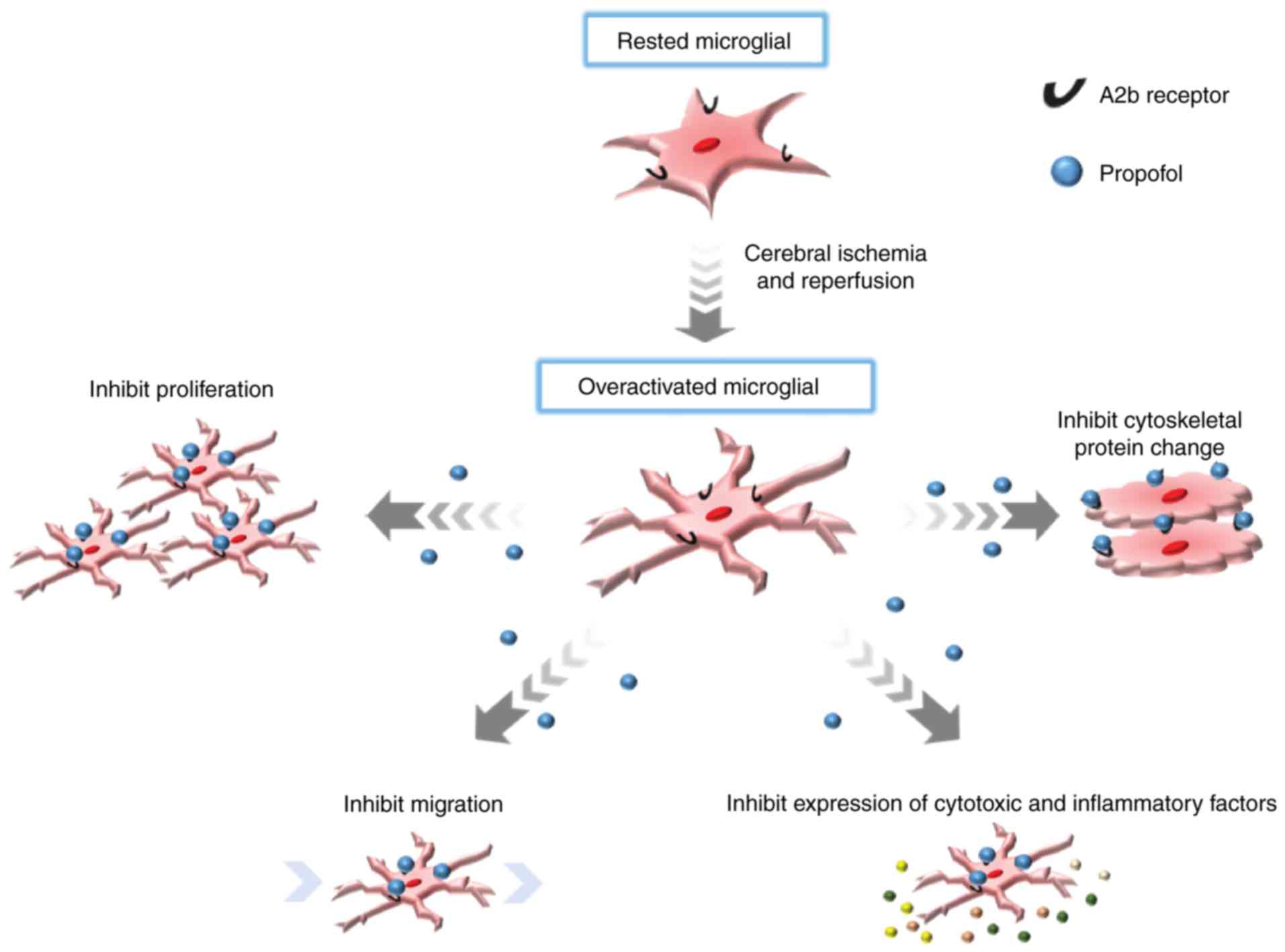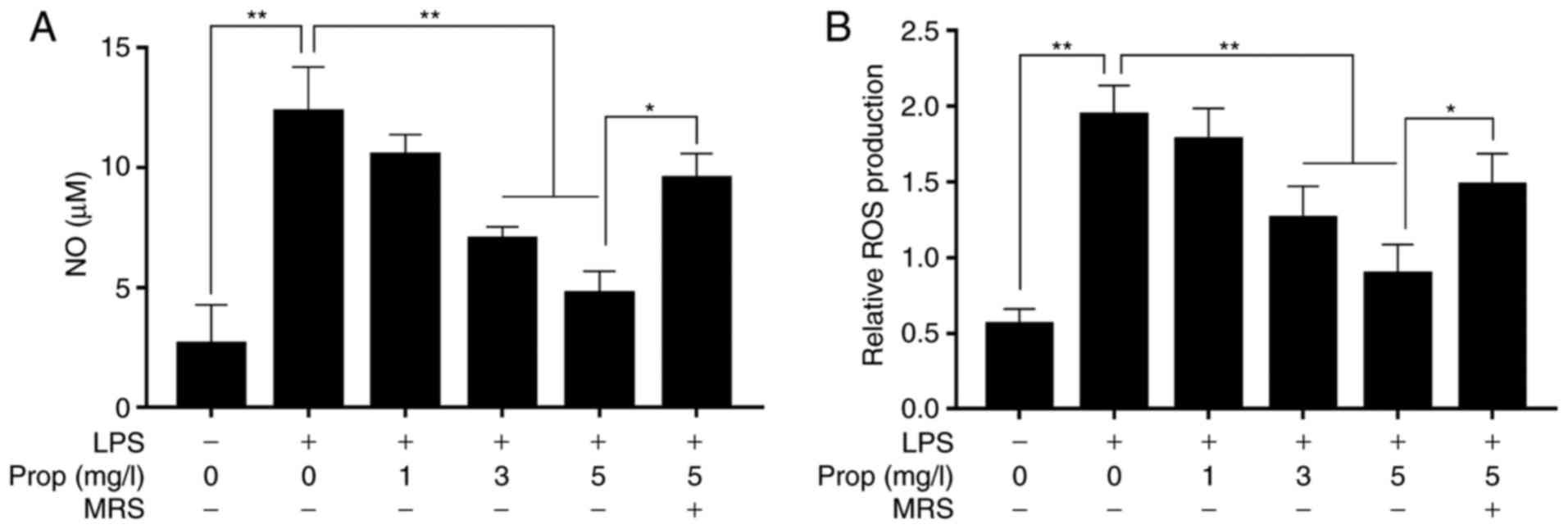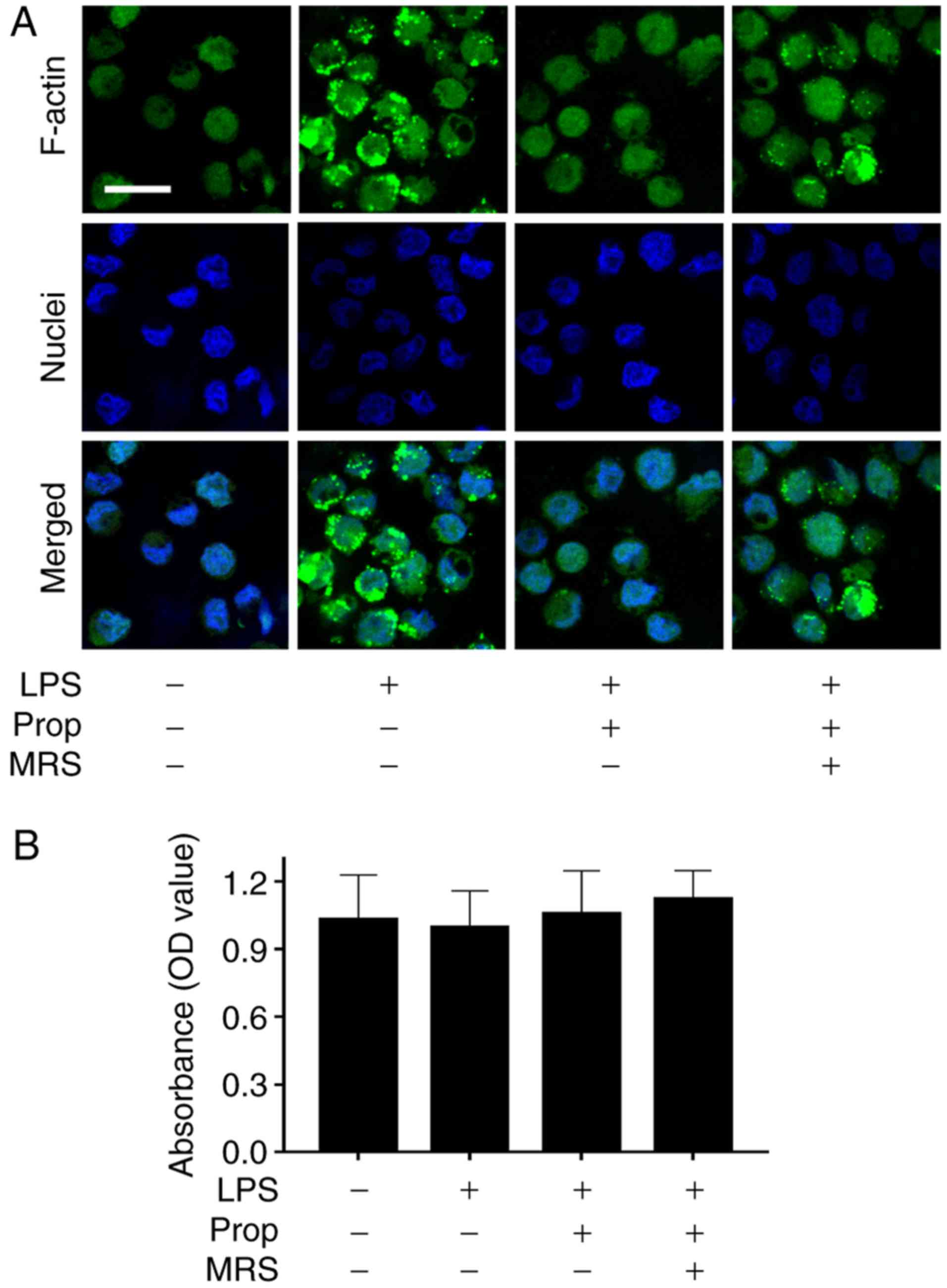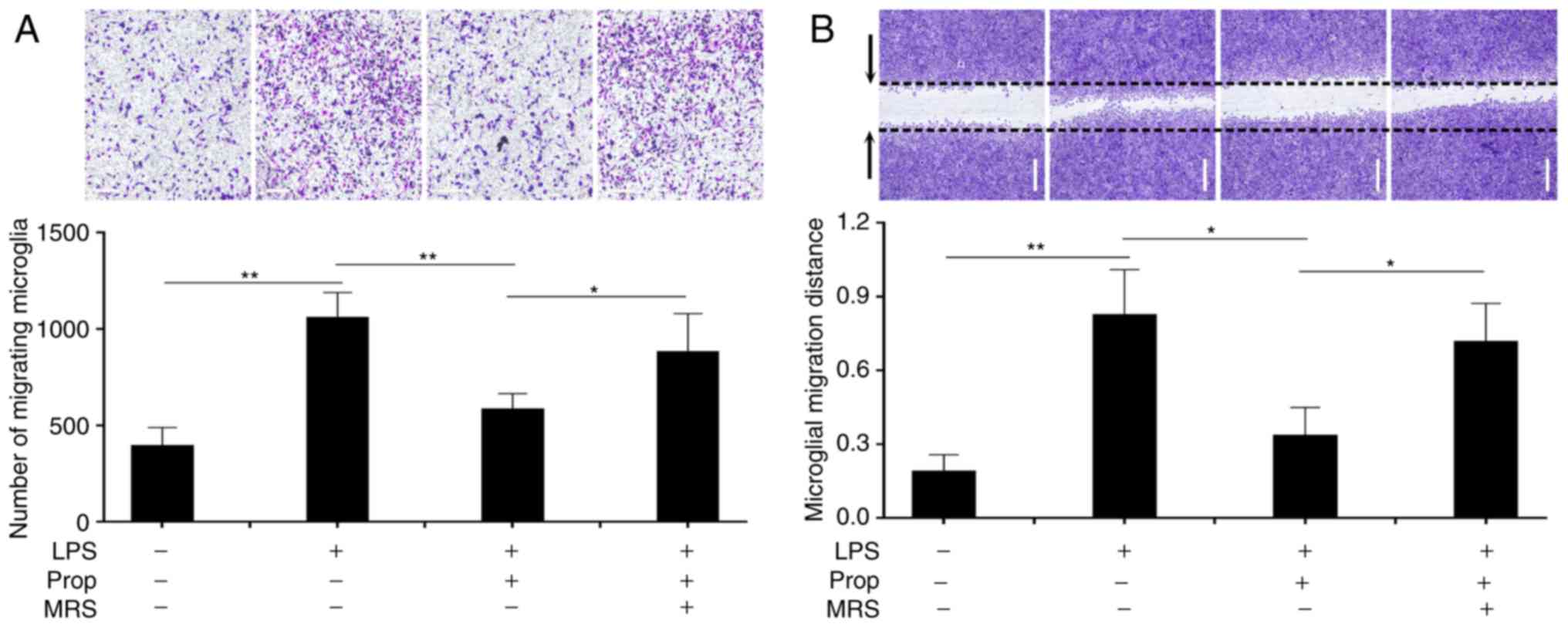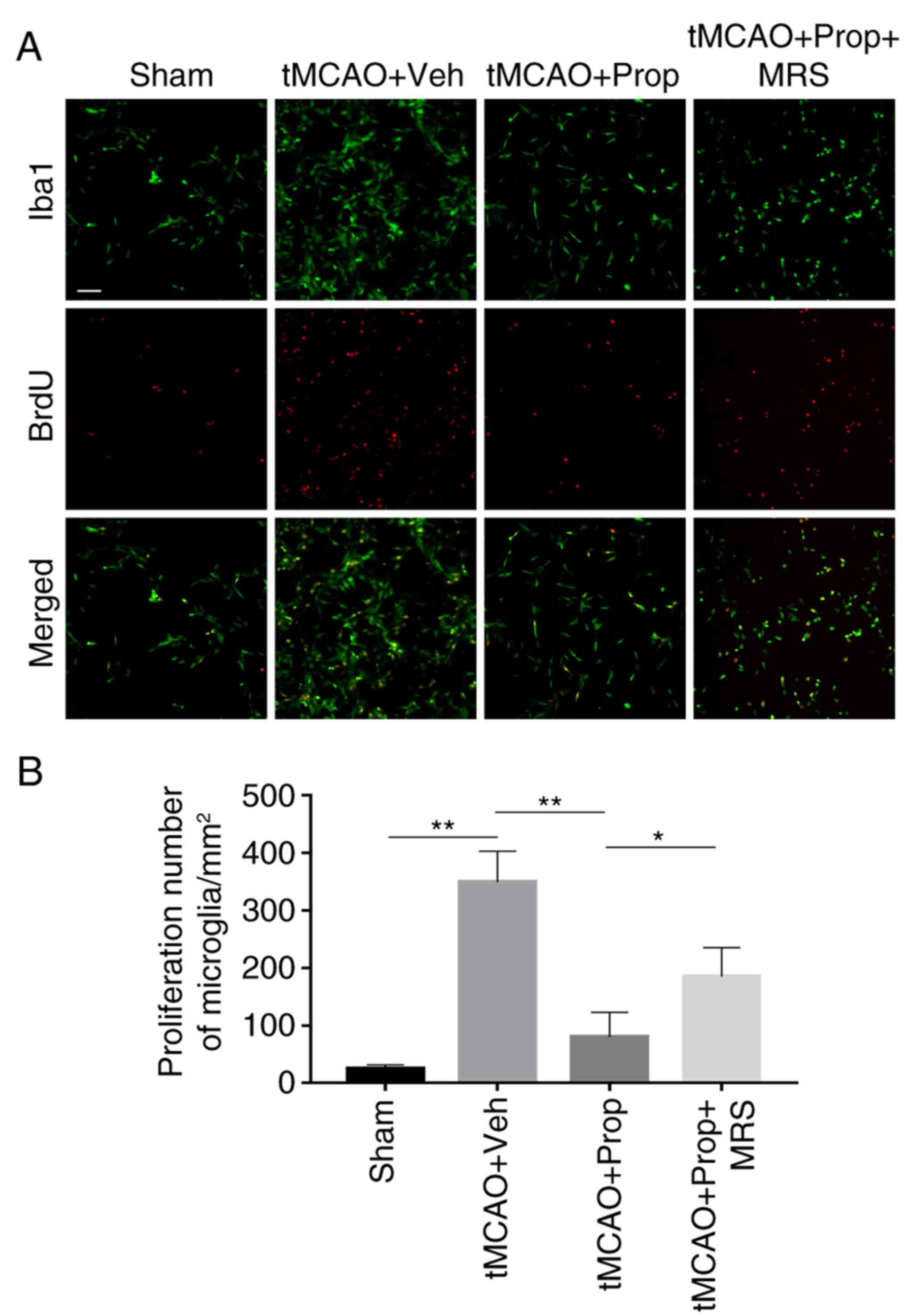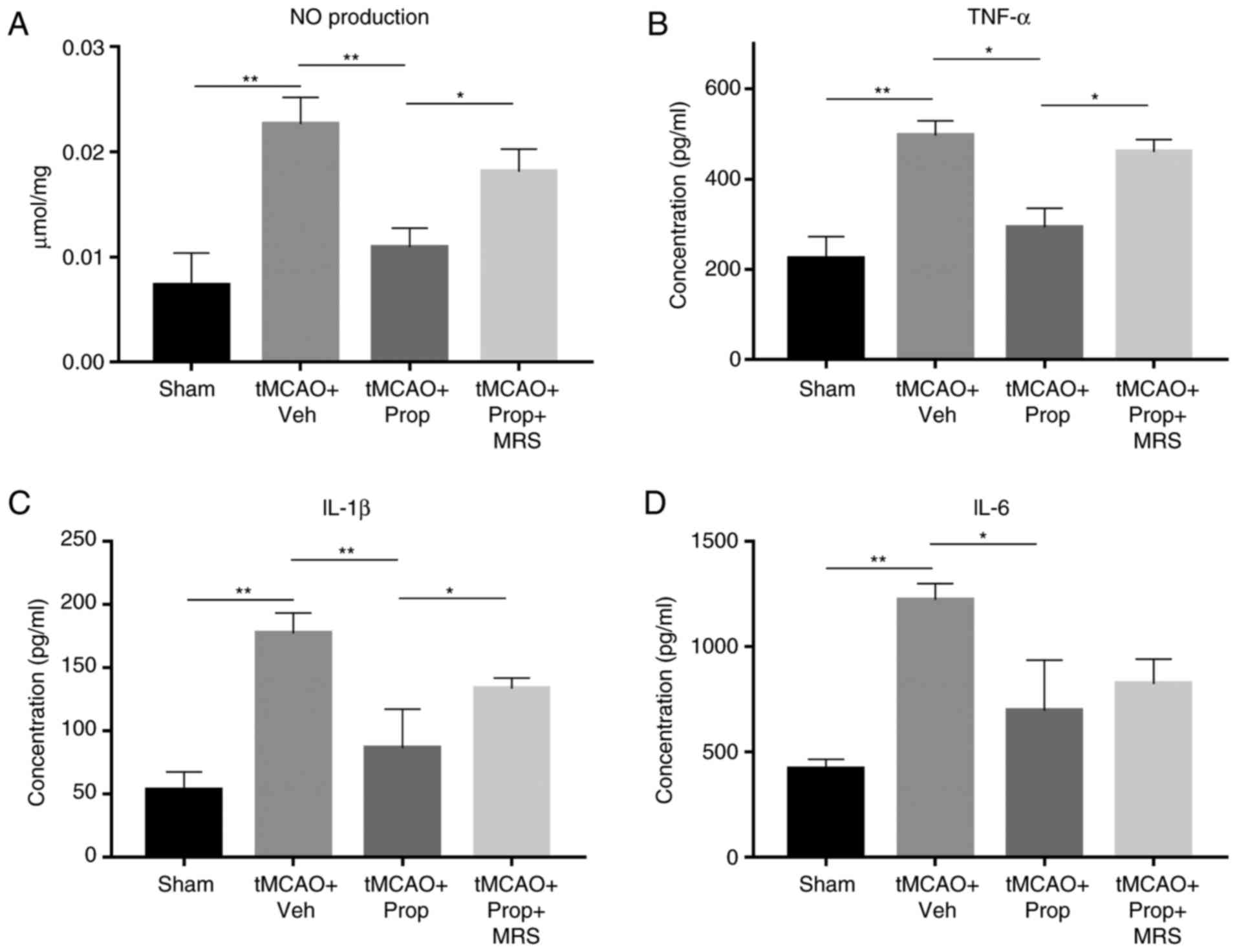|
1
|
Liu J, Zhao D, Wang W, Sun JY, Li Y and
Jia YN: Trends regarding the incidence of recurrent stroke events
in Beijing. Zhonghua Liu Xing Bing Xue Za Zhi. 28:437–440. 2007.In
Chinese. PubMed/NCBI
|
|
2
|
Labeyrie C, Cauquil C, Sarov M, Adams D
and Denier C: Cerebral infarction following subcutaneous
immunoglobulin therapy for chronic inflammatory demyelinating
polyradiculo-neuropathy. Muscle Nerve. 54:166–167. 2016. View Article : Google Scholar : PubMed/NCBI
|
|
3
|
Numata K, Suzuki M, Mashiko R and Tokuda
Y: Lethal bilateral cerebral infarction caused by moyamoya disease.
OJM. 109:5012016.
|
|
4
|
Zhan R, Xu K, Pan J, Xu Q, Xu S and Shen
J: Long noncoding RNA MEG3 mediated angiogenesis after cerebral
infarction through regulating p53/X4 axis. Biochem Biophys Res
Commun. 490:700–706. 2017. View Article : Google Scholar : PubMed/NCBI
|
|
5
|
Kwon SK, Ahn M, Song HJ, Kang SK, Jung SB,
Harsha N, Jee S, Moon JY, Suh KS, Lee SD, et al: Nafamostat
mesilate attenuates transient focal ischemia/reperfusion-induced
brain injury via the inhibition of endoplasmic reticulum stress.
Brain Res. 1627:12–20. 2015. View Article : Google Scholar : PubMed/NCBI
|
|
6
|
Yang S, Gao L, Lu F, Wang B, Gao F, Zhu G,
Cai Z, Lai J and Yang Q: Transcription factor myocyte enhancer
factor 2D regulates interleukin-10 production in microglia to
protect neuronal cells from inflammation-induced death. J
Neuroinflammation. 12:332015. View Article : Google Scholar : PubMed/NCBI
|
|
7
|
Brown A: Understanding the MIND phenotype:
Macrophage/ microglia inflammation in neurocognitive disorders
related to human immunodeficiency virus infection. Clin Transl Med.
4:72015. View Article : Google Scholar
|
|
8
|
Pessach I and Paret G: PICU propofol use,
where do we go from here? Pediatr Crit Care Med. 17:273–275. 2016.
View Article : Google Scholar : PubMed/NCBI
|
|
9
|
Shi SS, Yang WZ, Chen Y, Chen JP and Tu
XK: Profol reduces inflammatory reaction and ischemic brain damage
in cerebral ischemia in rats. Neurochem Res. 39:793–799. 2014.
View Article : Google Scholar : PubMed/NCBI
|
|
10
|
Woldegerima N, Rosenblatt K and Mintz CD:
Neurotoxic properties of propofol sedation following traumatic
brain injury. Crit Care Med. 44:455–456. 2016. View Article : Google Scholar : PubMed/NCBI
|
|
11
|
Liu J, Gao XF, Ni W and Li JB: Effects of
propofol on P2X7 receptors and the secretion of tumor necrosis
factor-α in cultured astrocytes. Clin Exp Med. 12:31–37. 2012.
View Article : Google Scholar
|
|
12
|
Perígolo-Vicente R, Ritt K,
Gonçalves-de-Albuquerque CF, Castro-Faria-Neto HC, Paes-de-Carvalho
R and Giestal-de-Araujo E: IL-6, A1 and A2aR: A crosstalk that
modulates BDNF and induces neuroprotection. Biochem Biophys Res
Commun. 449:477–482. 2014. View Article : Google Scholar : PubMed/NCBI
|
|
13
|
Zywert A, Szkudelska K and Szkudelski T:
Effects of adenosine A1 receptor antagonism on insulin
secretion from rat pancreatic islets. Physiol Res. 60:905–911.
2011.
|
|
14
|
Ohnishi M, Urasaki T, Ochiai H, Matsuoka
K, Takeo S, Harada T, Ohsugi Y and Inoue A: Selective enhancement
of wnt4 expression by cyclic AMP-associated cooperation between rat
central astrocytes and microglia. Biochem Biophys Res Commun.
467:367–372. 2015. View Article : Google Scholar : PubMed/NCBI
|
|
15
|
Kim JB, Yu YM, Kim SW and Lee JK:
Anti-inflammatory mechanism is involved in ethyl pyruvate-mediated
efficacious neuroprotection in the postischemic brain. Brain Res.
1060:188–192. 2005. View Article : Google Scholar : PubMed/NCBI
|
|
16
|
Wang AL, Yu AC, He QH, Zhu X and Tso MO:
AGEs mediated expression and secretion of TNFα in rat retinal
microglia. Exp Eye Res. 84:905–913. 2007. View Article : Google Scholar : PubMed/NCBI
|
|
17
|
Guo H, Hu LM, Wang SX, Wang YL, Shi F, Li
H, Liu Y, Kang LY and Gao XM: Neuroprotective effects of
scutellarin against hypoxic-ischemic-induced cerebral injury via
augmentation of antioxidant defense capacity. Chin J Physiol.
54:399–405. 2011.
|
|
18
|
Hands S, Sajjad MU, Newton MJ and
Wyttenbach A: In vitro and in vivo aggregation of a fragment of
huntingtin protein directly causes free radical production. J Biol
Chem. 286:44512–44520. 2011. View Article : Google Scholar : PubMed/NCBI
|
|
19
|
Lee JK, Chung J, McAlpine FE and Tansey
MG: Regulator of G-protein signaling-10 negatively regulates NF-κB
in microglia and neuroprotects dopaminergic neurons in
hemiparkinsonian rats. J Neurosci. 31:11879–11888. 2011. View Article : Google Scholar : PubMed/NCBI
|
|
20
|
Shen K, Tolbert CE, Guilluy C, Swaminathan
VS, Berginski ME, Burridge K, Superfine R and Campbell SL: The
vinculin C-terminal hairpin mediates F-actin bundle formation,
focal adhesion, and cell mechanical properties. J Biol Chem.
286:45103–45115. 2011. View Article : Google Scholar : PubMed/NCBI
|
|
21
|
Gorbatyuk V, Nguyen K, Podolnikova NP,
Deshmukh L, Lin X, Ugarova TP and Vinogradova O: Skelemin
association with αIIbβ3 integrin: A
structural mode. Biochemistry. 53:6766–6775. 2014. View Article : Google Scholar : PubMed/NCBI
|
|
22
|
Li X, Liu Y and Haas TA: Skelemin in
integrin αIIbβ3 mediated cell spreading.
Biochemistry. 52:681–689. 2013. View Article : Google Scholar : PubMed/NCBI
|
|
23
|
Zuhayra M, Zhao Y, von Forstner C, Henze
E, Gohlke P, Culman J and Lützen U: Activation of cerebral
peroxisome proliferator-activated receptors γ (PPARγ) reduces
neuronal damage in the substantia nigra after transient focal
cerebral ischaemia in the rat. Neuropathol Appl Neurobiol.
37:738–752. 2011. View Article : Google Scholar : PubMed/NCBI
|
|
24
|
Cao LJ, Wang J, Hao PP, Sun CL and Chen
YG: Effects of ulinastatin, a urinary trypsin inhibitor, on
synaptic plasticity and spatial memory in a rat model of cerebral
ischemia/reperfusion injury. Chin J Physiol. 54:435–442. 2011.
|
|
25
|
Stekiel TA, Conteny SJ, Roman RJ, Weber
CA, Stadnicka A, Bosnjak ZJ, Greene AS and Moreno C:
Pharmacogenomic strain differences in cardiovascular sensitivity to
propofol. Anesthesiology. 115:1192–1200. 2011.PubMed/NCBI
|
|
26
|
Tanaka K, Tsutsumi YM, Kinoshita M, Kakuta
N, Hirose K, Kimura M and Oshita S: Differential effects of
propofol and isoflurane on glucose utilization and insulin
secretion. Life Sci. 88:96–103. 2011. View Article : Google Scholar
|
|
27
|
Mariappan TT, Kurawattimath V, Gautam SS,
Kulkarni CP, Kallem R, Taskar KS, Marathe PH and Mandlekar S:
Estimation of the unbound brain concentration of P-glycoprotein
substrates or nonsubstrates by a serial cerebrospinal fluid
sampling technique in rats. Mol Pharm. 11:477–485. 2014. View Article : Google Scholar : PubMed/NCBI
|
|
28
|
Wessler S, Gimona M and Rieder G:
Regulation of the actin cytoskeleton in Helicobacter pylori-induced
migration and invasive growth of gastric epithelial cells. Cell
Commun Signal. 9:272011. View Article : Google Scholar : PubMed/NCBI
|
|
29
|
Davalos D, Grutzendler J, Yang G, Kim JV,
Zuo Y, Jung S, Littman DR, Dustin ML and Gan WB: ATP mediates rapid
microglial response to local brain injury in vivo. Nat Neurosci.
8:752–758. 2005. View
Article : Google Scholar : PubMed/NCBI
|
|
30
|
Campanella M, Sciorati C, Tarozzo G and
Beltramo M: Flow cytometric analysis of inflammatory cells in
ischemic rat brain. Stroke. 33:586–592. 2002. View Article : Google Scholar : PubMed/NCBI
|
|
31
|
Jin YL, Luo HL, Liu L, Cheng CF and Ho LC:
Inhibitory effects of different concentrations of curcumin on
excessive activation of microglia cultured in vitro. J Clin Rehabil
Tissue Eng Res. 15:6951–6955. 2011.
|
|
32
|
Stertz L, Magalhães PV and Kapczinski F:
Is bipolar disorder an inflammatory condition? The relevance of
microglia activation. Curr Opin Psychiatry. 26:19–26. 2013.
View Article : Google Scholar
|
|
33
|
Kokubu Y, Yamaguchi T and Kawabata K: In
vitro model of cerebral ischemia by using brain microvascular
endothelial cells derived from human induced pluripotent stem
cells. Biochem Biophys Res Commun. 486:577–583. 2017. View Article : Google Scholar : PubMed/NCBI
|
|
34
|
Zhou R, Yang Z, Tang X, Tan Y, Wu X and
Liu F: Propofol protects against focal cerebral ischemia via
inhibition of microglia-mediated proinflammatory cytokines in a rat
model of experimental stroke. Plos One. 8:e827292013. View Article : Google Scholar : PubMed/NCBI
|
|
35
|
Li J, Han B, Ma X and Qi S: The effects of
propofol on hippocampal caspase-3 and Bcl-2 expression following
forebrain ischemia-reperfusion in rats. Brain Res. 1356:11–23.
2010. View Article : Google Scholar : PubMed/NCBI
|
|
36
|
Harman F, Hasturk AE, Yaman M, Arca T,
Kilinc K, Sargon MF and Kaptanoglu E: Neuroprotective effects of
propofol, thiopental, etomidate, and midazolam in fetal rat brain
in ischemia-reperfusion model. Childs Nerv Syst. 28:1055–1062.
2012. View Article : Google Scholar : PubMed/NCBI
|
|
37
|
Pfeilschifter W, Czech-Zechmeister B,
Sujak M, Mirceska A, Koch A, Rami A, Steinmetz H, Foerch C, Huwiler
A and Pfeilschifter J: Activation of sphingosine kinase 2 is an
endogenous protective mechanism in cerebral ischemia. Biochem
Biophys Res Commun. 413:212–217. 2011. View Article : Google Scholar : PubMed/NCBI
|
|
38
|
Shuhua X, Ziyou L, Ling Y, Fei W and Sun
G: A role of fluofide on free radical generation and oxidative
stress in BV-2 microglia cells. Mediators Inflamm. 2012:1029542012.
View Article : Google Scholar
|
|
39
|
Brites D and Femandes A: Neuroinflammation
and depression: Microglia activation, extracellular mierovesicles
and microRNA dysregulation. Front Cell Neurosci. 9:4762015.
View Article : Google Scholar
|
|
40
|
Zheng X, Huang H, Liu J, Li M, Liu M and
Luo T: Propofol attenuates inflammatory response in LPS-activated
microglia by regulating the miR-155/SOCS1 pathway. Inflammation.
41:11–19. 2018. View Article : Google Scholar
|
|
41
|
Hagiwara S, Iwaska H, Hasegawa A, Hidaka
S, Uno A, Kaori U, Uchida T and Noguchi T: Continuous
hemodiafiltration therapy ameliorates LPS-induced systemic
inflammation in a rat model. J Surg Res. 171:791–796. 2011.
View Article : Google Scholar
|
|
42
|
Tang J, Chen X, Tu W, Guo Y, Zhao Z, Xue
Q, Lin C, Xiao J, Sun X, Tao T, et al: Propofol inhibits the
activation of p38 through up-regulating the expression of annexin
A1 to exert its anti-inflammation effect. PLoS One. 6:e278902011.
View Article : Google Scholar : PubMed/NCBI
|















